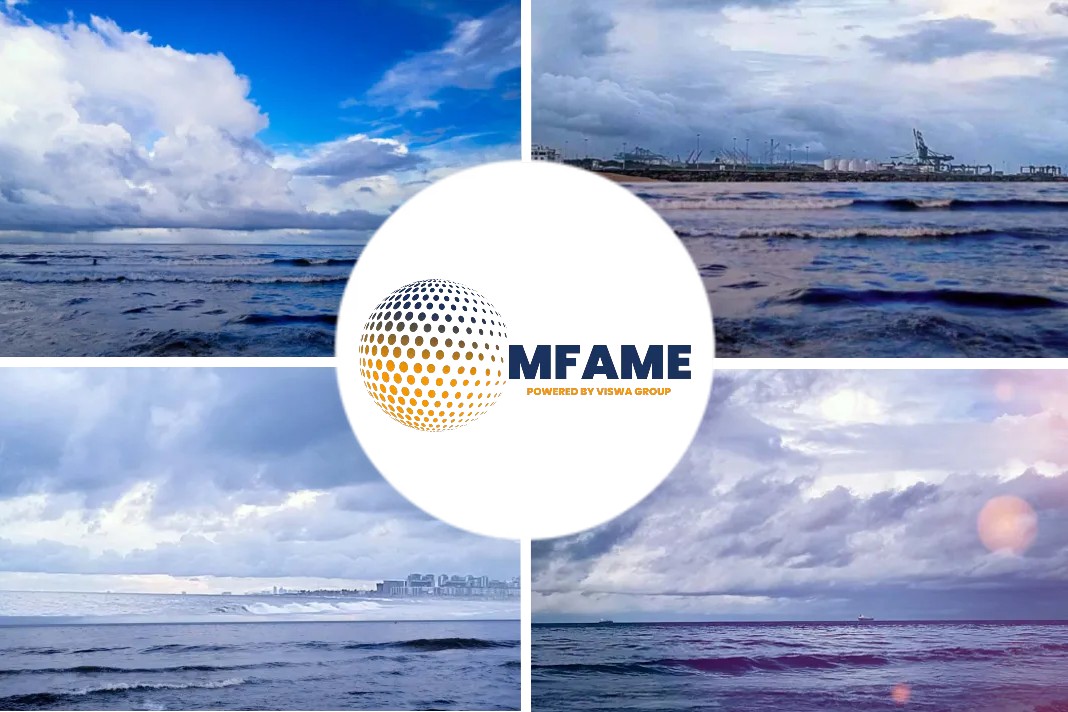
When looking at maritime trade, we observe a complex value chain that places the port as the pivotal element for cargo coming in and out. As the sector evolves, whether in search for greener supply chains to meet the goals of the Paris Agreement, or pursuing digitalisation to enhance data collaboration, there is a simple fact that remains still: There can be no maritime trade without cargo to ship.
Global Shippers Forum
The Global Shippers’ Forum (GSF), founded in 2011, is the global trade body that speaks up for and advises both shippers in the conduct of international trade. Whether talking about manufacturers, producers, retailers, wholesalers, or traders of goods, the GSF supports the essential role they perform in national economies, and works with them to guarantee an efficient, safe, and sustainable transport of cargo, while promoting and defending the interests of shippers in world trade. In this regard, James Hookham, Director of the GSF since 2018, highlighted some key areas in which the GSF is currently supporting cargo owners: Sustainable Profit, Digitalisation, and Safety & security, among others. But what does this mean?
It is no secret that industries face growing pressure to decarbonise their production and operational processes. For shippers, this means understanding – and quantifying – the CO2 emissions released across each stage of their value chains, designing tangible decarbonisation strategies with concrete deadlines, and reporting on these so that stakeholders can assess whether their pledges to achieve net-zero by 2050 are on track. Furthermore, some industry experts do not seem to agree on one specific green fuel and instead advocate for a multifuel landscape, which in turn presents a new dilemma, addressed by Professor Lynn Loo, CEO of the Global Centre for Maritime Decarbonisation at TOC Asia in 2022: Will there be bunkering and storage infrastructure for the right type of fuel?
Safety And Security
On the subject to safety and security, it is simple. No one wants any accidents happening to the people handling the cargo, or to the cargo itself. Yet, again, the issues of clarity and standards come back to the surface. From the packaging of specific types of cargo to its handling upon arrival to the port, standardized best practices need to be observed. Beyond the scope of what happens at the terminal, container handling must also factor in the risks of invasive species that may have been transported with the cargo and gone unnoticed. Hence, the GSF in tandem with ICHCA and TT Club have been working on the Cargo Integrity Group, which advocates for standardized best practices for cargo handling.
Amongst such a plethora of topics to cover, the need for shippers to engage with their supply chain partners – ideally in a less formal and more relaxed environment – holds a great deal of possibilities. As such, James will be elaborating on these and other issues at the next edition of TOC Europe, taking place in Rotterdam, the Netherlands from 13th to 15th June at the Ahoy.
Did you subscribe to our newsletter?
It’s free! Click here to subscribe!
Source: Seatrademaritime
















